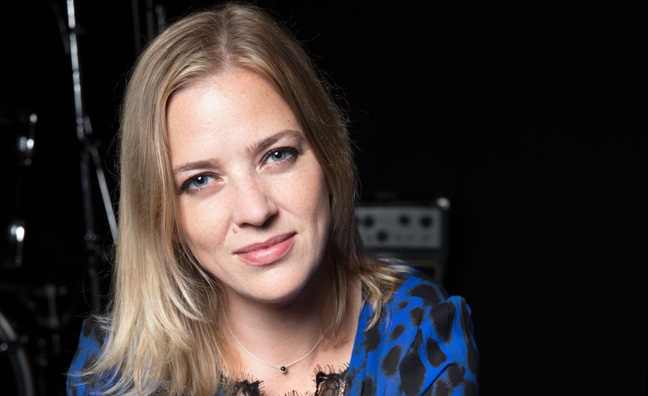There is a lot of talk in the music industry about the decline (and ultimately the death) of social networks as routes to market for music or places to build communities. I have a slightly different view, and I’d like to tell you why.
We’re definitely seeing some artists stepping back to protect their mental health and cure their ‘algorithmic fatigue’, but at Deviate we’re also seeing record returns on investment on both organic and paid content spending across major platforms including YouTube and, perhaps surprisingly, Twitter. On Twitter specifically, we have in some cases seen the highest level of engagement we’ve ever had on artists’ profiles.
In the same breath, it seems that marketing managers across the globe have woken up to the opportunities platforms like Discord, Substack, Reddit and Web3 present. I’ve spoken a lot over the years about the value there. These platforms are not new and they don’t replace socials, they are simply complementary and are valuable digital real estate where you can build and nurture your audience in different ways.
This isn’t the first time we’ve seen this. Forums anyone? Back in the 2000s everyone had a forum on their website, one of my jobs when I entered marketing was to seed information about new artists into other forums in an authentic way. It was time intensive but it worked a treat. It’s really important to remember that building a community anywhere is time intensive, and whilst new platforms and technologies emerge every day, if you don’t know how to use them productively they’re a waste of time for everyone.
I saw many marketing executives publicly signalling the end of TikTok, Twitter and Meta in previews of the year ahead and, honestly, I really have to wonder what planet they’re on. In 2022, 10 of the 12 No.1s on the UK Official Singles Chart had a viral moment on TikTok, and 13 out of the 14 Hot 100 No.1s were driven by significant trends on the platform according to its end of year report.
At Deviate, we have never been so inundated with requests for organic and paid content strategy across socials and beyond. Dare I say, hilariously, these have been from some of the same people publicly signalling their demise. Make no mistake: socials are here to stay.
Despite various political and market challenges, TikTok, Twitter and Meta continue to reach increasingly broad demographics across markets.
Despite various political and market challenges, TikTok, Twitter and Meta continue to reach increasingly broad demographics across markets
Sammy Andrews
The trick here you see, the trick to all of this really, is making the right platforms work for you and your artist at the right times in the right way. Simply saying that they’re all going to go away is just naive and ridiculous.
Every platform and format can play a productive part in your marketing campaign or artist journey if it’s suitable and you’re strategic about how and when you use it. Some of the best uses in a paid capacity require no artist involvement whatsoever.
So, rather than the music business blaming these platforms for the demise of artists’ mental health, some parts of the industry need to simply find ways to work with their artists for them to have healthy interactions with social media. Companies should also adapt their strategies to make it work without the artists when they don’t want to engage.
You might also want to stop sending your artists requests just telling them “to post every day!” Some of you know who you are and how much you do this. Stop it! There are much healthier and better ways to manage an online presence.
I think that one of the big problems is the industry widely failing to invest money properly in the teams that help artists navigate all of this.
I have covered the impact on artists’ mental health many times here. Would you tell an artist to go and pitch their own song to the radio? To go out and secure their own press preview with Rolling Stone? To get themselves on morning TV? If not, why the hell would you ever expect them to run (multiple) social networks alone and not pay a team properly to do it for them? It’s ridiculous.
And while we’re talking about socials, there have been many brilliant changes for some platforms in terms of guarding artists’ mental health since the last time I covered this. For instance, Instagram recently rolled out its Quiet Mode setting, but users have also had the ability to hide photo likes for some time.
“Today, we’re launching Quiet Mode on Instagram to help people focus and to encourage them to set boundaries with their friends and followers,” stated Meta on their website in January. “Once it’s enabled, you won’t receive any notifications, your profile’s activity status will change to let people know and we’ll automatically send an auto-reply when someone sends you a DM.”
Back in June 2022, meanwhile, TikTok launched their artist pack which includes helpful tips and links to mental health support, as well as the best ways to use the platform and guides regarding posting. Take note: posting three to four times a week has shown to provide best audience growth and engagement.
Social networks aren’t going anywhere, so learn how to make them work.












